Prebiotic
How to submit an article:
- Registered users can submit any published journal article that has a unique DOI (Digital Object Identifier) name or link to Research Hub.
- For example, you can paste the full DOI link:
https://doi.org/10.1109/5.771073or just the DOI name:10.1109/5.771073into the field above and click submit. - The person who is first to submit a valid article to Research Hub will forever be credited for it, and every article submission earns you +6 Research Points.
Published research studies are articles that present the findings of original research that has undergone a peer-review process and has been made publicly available in scholarly journals, books or other media.
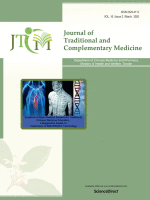
Gut microbiota and Autism Spectrum Disorder: From pathogenesis to potential therapeutic perspectives
2022 Mar Journal of Traditional and Complementary Medicine Mehra A, Arora G, Sahni G, Kaur M, Singh H, Singh B, et al.
We also reviewed new hopes in herbal remedies which can mitigate autism either via gut brain axis or directly having neuroprotective or antioxidant action.
Review Article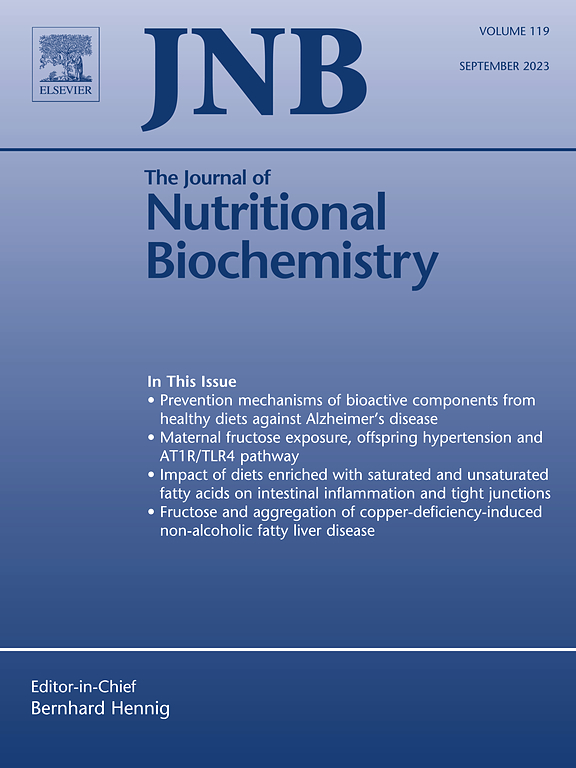
Consumption of 85% cocoa dark chocolate improves mood in association with gut microbial changes in healthy adults: a randomized controlled trial
2022 Jan The Journal of Nutritional Biochemistry Shin JH, Kim CS, Cha L, Kim S, Lee S, Chae S, et al.
Randomised Controlled Trial Gut Microbiota Mental Health Dark Chocolate PrebioticDark chocolate exerts prebiotic effects and may improve negative emotional states via the gut-brain axis.

Prebiotic effects of goji berry in protection against inflammatory bowel disease
2022 Jan 06 Critical Reviews in Food Science and Nutrition Sun Q, Du M, Kang Y, Zhu MJ
Review Article Gut Microbiota Goji Berry PrebioticGoji berries, notably their polysaccharides, exhibit protective effects against inflammatory bowel disease through the preservation of healthy gut microbiota.
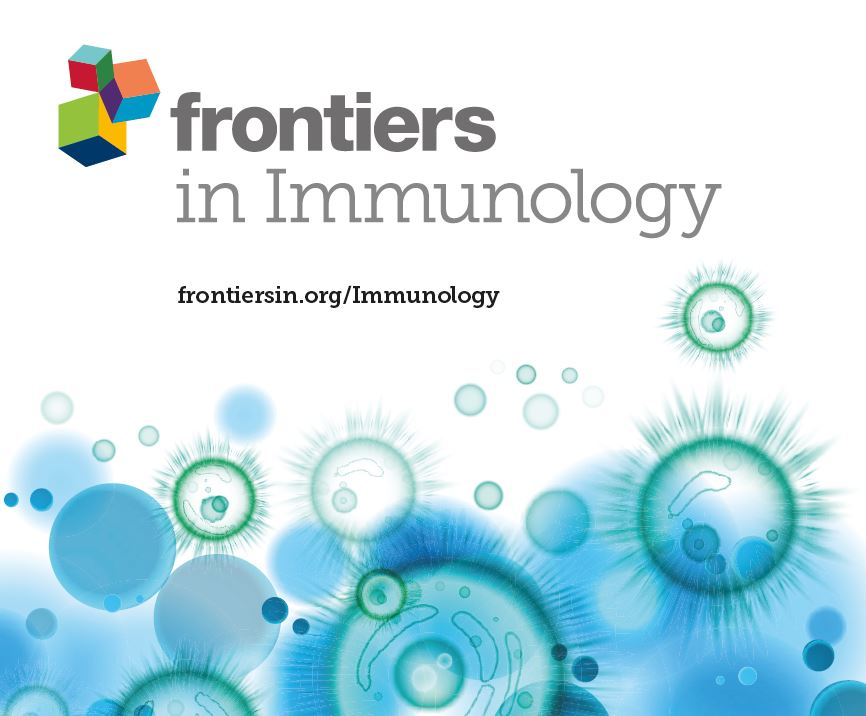
The Prebiotic Effects of Oats on Blood Lipids, Gut Microbiota, and Short-Chain Fatty Acids in Mildly Hypercholesterolemic Subjects Compared With Rice: A Randomized, Controlled Trial
2021 Dec 09 Frontiers in Immunology Xu D, Feng M, Chu YF, Wang S, Shete V, Tuohy KM, et al.
Experimental Study Randomised Controlled Trial Oats Cholesterol Gut MicrobiotaConsuming oats significantly lessens total and LDL cholesterol levels and mediates a prebiotic effect on the gut microbiome, contributing to its cholesterol-lowering ability.
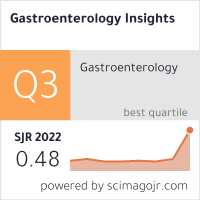
Effects of Polyphenols in Tea (Camellia sinensis sp.) on the Modulation of Gut Microbiota in Human Trials and Animal Studies
2021 May 06 Gastroenterology Insights Khairudin MAS, Mhd Jalil AM, Hussin N
Review Article Tea Gut Microbiota Pu-Erh TeaTea polyphenols can help rebalance gut microbiota, alleviating imbalances caused by obesity, diabetes, and UV damage, with effects varying by tea type.
Research insights are moderated by the Research Hub team and offer an at-a-glance overview of interesting research findings.

2022 Critical Reviews in Food Science and Nutrition
Goji berries, notably their polysaccharides, exhibit protective effects against inflammatory bowel disease through the preservation of healthy gut microbiota.
Review Article Goji Berry Gut Microbiota
Prebiotic effects of goji berry in protection against inflammatory bowel disease
Sun Q, Du M, Kang Y, Zhu MJ

2022 The Journal of Nutritional Biochemistry
Dark chocolate exerts prebiotic effects and may improve negative emotional states via the gut-brain axis.
Randomised Controlled Trial Dark Chocolate Gut Microbiota Mental Health
Consumption of 85% cocoa dark chocolate improves mood in association with gut microbial changes in healthy adults: a randomized controlled trial
Shin JH, Kim CS, Cha L, Kim S, Lee S, Chae S, et al.

2021 Frontiers in Immunology
Consuming oats significantly lessens total and LDL cholesterol levels and mediates a prebiotic effect on the gut microbiome, contributing to its cholesterol-lowering ability.
Experimental Study Cholesterol Gut Microbiota Oats
The Prebiotic Effects of Oats on Blood Lipids, Gut Microbiota, and Short-Chain Fatty Acids in Mildly Hypercholesterolemic Subjects Compared With Rice: A Randomized, Controlled Trial
Xu D, Feng M, Chu YF, Wang S, Shete V, Tuohy KM, et al.

2021 Gastroenterology Insights
Tea polyphenols can help rebalance gut microbiota, alleviating imbalances caused by obesity, diabetes, and UV damage, with effects varying by tea type.
Review Article Gut Microbiota Pu-Erh Tea Tea
Effects of Polyphenols in Tea (Camellia sinensis sp.) on the Modulation of Gut Microbiota in Human Trials and Animal Studies
Khairudin MAS, Mhd Jalil AM, Hussin N

2020 The Journal of Nutritional Biochemistry
Catechin-rich green tea extract (GTE) exercised anti-inflammatory activities can be beneficial in managing Nonalcoholic fatty liver disease (NAFLD) by reducing liver injury and gut-derived endotoxins.
Review Article Anti-Inflammatory Green Tea Green Tea Catechin Hepatoprotective
Anti-inflammatory activities of green tea catechins along the gut–liver axis in nonalcoholic fatty liver disease: lessons learned from preclinical and human studies
Hodges JK, Sasaki GY, Bruno RS
Review Articles
Review articles summarise and critically evaluate the current state of research on a specific topic or field by synthesising multiple primary research studies.

Gut microbiota and Autism Spectrum Disorder: From pathogenesis to potential therapeutic perspectives
2022 Mar Journal of Traditional and Complementary Medicine Mehra A, Arora G, Sahni G, Kaur M, Singh H, Singh B, et al.
We also reviewed new hopes in herbal remedies which can mitigate autism either via gut brain axis or directly having neuroprotective or antioxidant action.
Review Article
Prebiotic effects of goji berry in protection against inflammatory bowel disease
2022 Jan 06 Critical Reviews in Food Science and Nutrition Sun Q, Du M, Kang Y, Zhu MJ
Review Article Gut Microbiota Goji Berry PrebioticGoji berries, notably their polysaccharides, exhibit protective effects against inflammatory bowel disease through the preservation of healthy gut microbiota.

Effects of Polyphenols in Tea (Camellia sinensis sp.) on the Modulation of Gut Microbiota in Human Trials and Animal Studies
2021 May 06 Gastroenterology Insights Khairudin MAS, Mhd Jalil AM, Hussin N
Review Article Tea Gut Microbiota Pu-Erh TeaTea polyphenols can help rebalance gut microbiota, alleviating imbalances caused by obesity, diabetes, and UV damage, with effects varying by tea type.
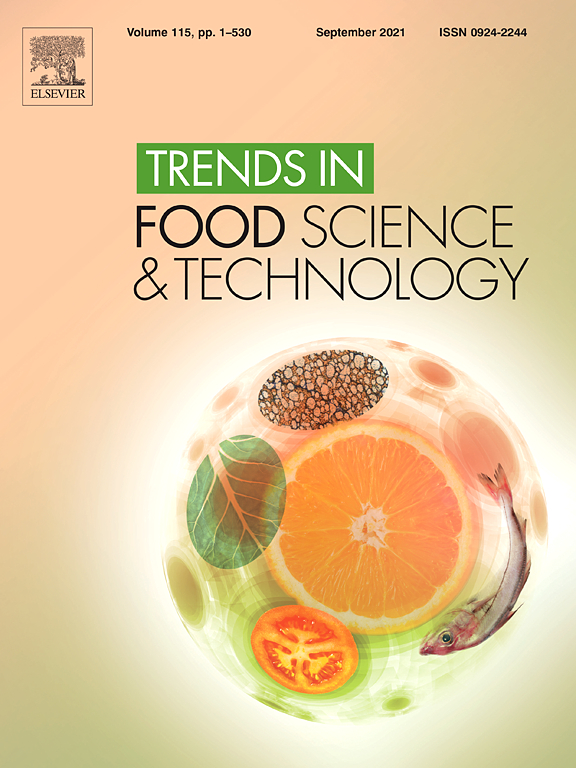
Prebiotics and iron bioavailability? Unveiling the hidden association - A review
2021 Apr Trends in Food Science & Technology Ahmad AMR, Ahmed W, Iqbal S, Javed M, Rashid S, Iahtisham-ul-Haq
Prebiotics show promise in improving iron absorption efficiency by influencing gut microbiota activity and luminal conditions, potentially offering a novel approach to combat IDA. Further research is necessary to solidify this connection and optimize strategies for enhancing iron bioavailability.
Review Article Prebiotic Iron Deficiency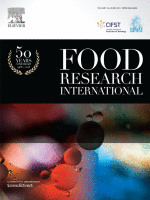
Burdock (Arctium lappa L) roots as a source of inulin-type fructans and other bioactive compounds: Current knowledge and future perspectives for food and non-food applications
2021 Mar Food Research International Moro TMA, T.P.S. Clerici M
Unlike other roots of the same family that are investigated for their content of inulin and oligofructoses (yacon, Jerusalem artichoke, and agave, for example), burdock has potential as a source of prebiotic fibers and antioxidant compounds, and can be used to replace starch (digestible carbohydrates) in various food products.
Review ArticleClinical Trials
Clinical trials are research studies that involve people and are conducted to evaluate the safety and efficacy of new treatments or interventions, such as drugs, medical devices, or behavioural therapies.

Consumption of 85% cocoa dark chocolate improves mood in association with gut microbial changes in healthy adults: a randomized controlled trial
2022 Jan The Journal of Nutritional Biochemistry Shin JH, Kim CS, Cha L, Kim S, Lee S, Chae S, et al.
Randomised Controlled Trial Gut Microbiota Mental Health Dark Chocolate PrebioticDark chocolate exerts prebiotic effects and may improve negative emotional states via the gut-brain axis.

The Prebiotic Effects of Oats on Blood Lipids, Gut Microbiota, and Short-Chain Fatty Acids in Mildly Hypercholesterolemic Subjects Compared With Rice: A Randomized, Controlled Trial
2021 Dec 09 Frontiers in Immunology Xu D, Feng M, Chu YF, Wang S, Shete V, Tuohy KM, et al.
Experimental Study Randomised Controlled Trial Oats Cholesterol Gut MicrobiotaConsuming oats significantly lessens total and LDL cholesterol levels and mediates a prebiotic effect on the gut microbiome, contributing to its cholesterol-lowering ability.
Study Protocols
Published study protocols are detailed plans that outline the objectives, methodology, statistical analyses, and organisation of a research study that have been made publicly available for others to review and use as a reference.
Presentation Slides

Review Article
Goji berries, notably their polysaccharides, exhibit protective effects against inflammatory bowel disease through the preservation of healthy gut microbiota.
Sun Q, Du M, Kang Y, Zhu MJ

Randomised Controlled Trial
Dark chocolate exerts prebiotic effects and may improve negative emotional states via the gut-brain axis.
Shin JH, Kim CS, Cha L, Kim S, Lee S, Chae S, Chun WY, Shin DM

Experimental Study
Consuming oats significantly lessens total and LDL cholesterol levels and mediates a prebiotic effect on the gut microbiome, contributing to its cholesterol-lowering ability.
Xu D, Feng M, Chu YF, Wang S, Shete V, Tuohy KM, Liu F, Zhou X, Kamil A, Pan D, Liu H, Yang X, Yang C, Zhu B, Lv N, Xiong Q, Wang X, Sun J, Sun G, Yang Y

Review Article
Tea polyphenols can help rebalance gut microbiota, alleviating imbalances caused by obesity, diabetes, and UV damage, with effects varying by tea type.
Khairudin MAS, Mhd Jalil AM, Hussin N

Review Article
Catechin-rich green tea extract (GTE) exercised anti-inflammatory activities can be beneficial in managing Nonalcoholic fatty liver disease (NAFLD) by reducing liver injury and gut-derived endotoxins.
Hodges JK, Sasaki GY, Bruno RS

Cocoa polyphenols promote gut health by favorably altering gut microbiota composition and producing secondary bioactive metabolites with antioxidant and anti-inflammatory properties.
Sorrenti V, Ali S, Mancin L, Davinelli S, Paoli A, Scapagnini G
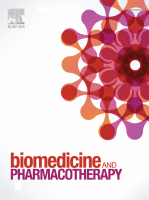
Experimental Study
Goji berry polysaccharide can enhance intestinal microbiota and beneficial bacteria levels, whilst modulating the innate immune response.
Zhu W, Zhou S, Liu J, McLean RJC, Chu W
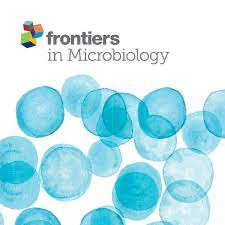
Experimental Study
Pomegranate extracts and a probiotic strain have shown a combined effect in reducing fat content and the development of fat cells, potentially useful in preventing and treating obesity.
Sorrenti V, Randazzo CL, Caggia C, Ballistreri G, Romeo FV, Fabroni S, Timpanaro N, Raffaele M, Vanella L
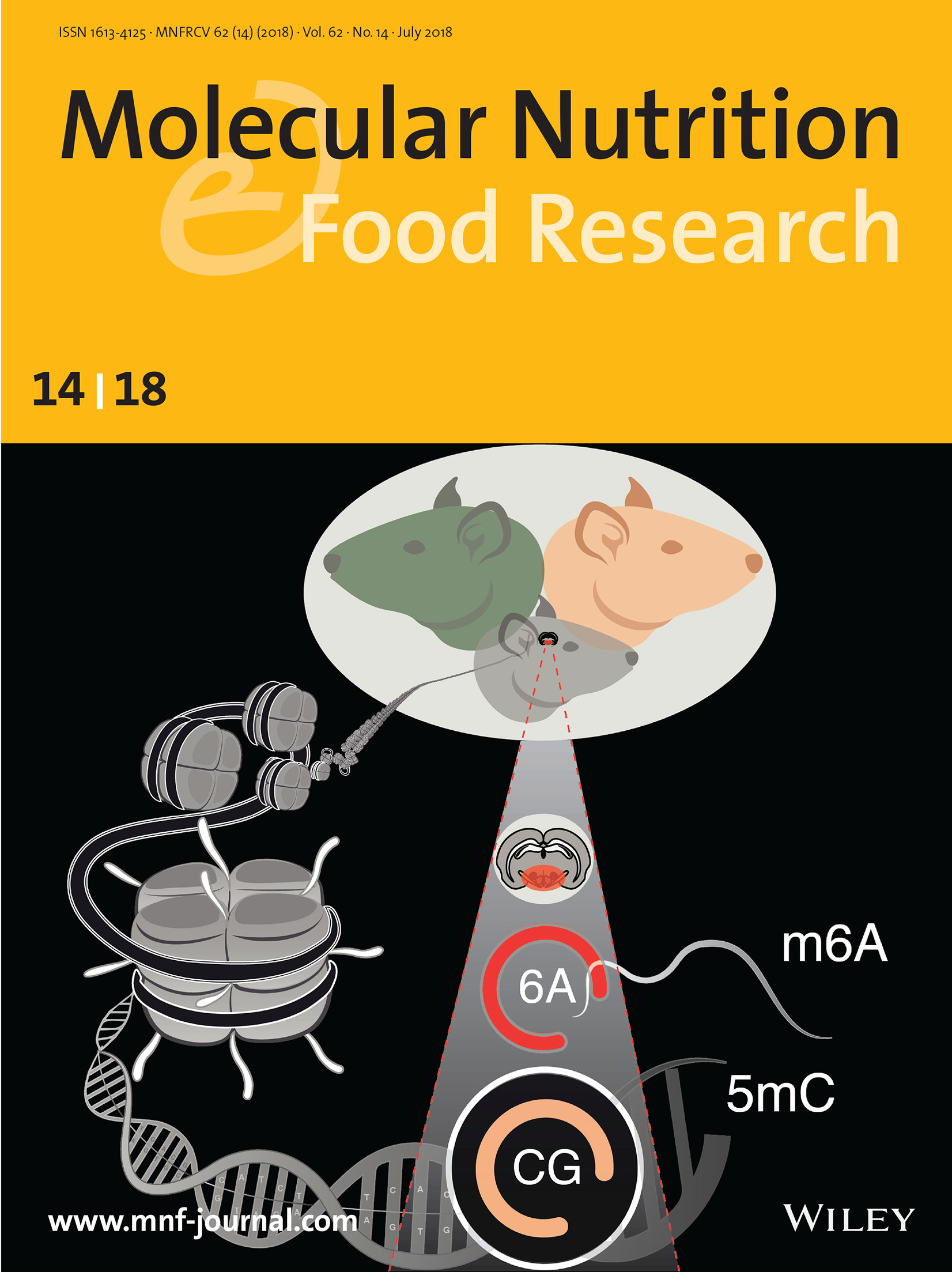
Experimental Study
Dietary supplementation with Goji berries enhances Bifidobacteria and butyrate-producing bacteria growth, resulting in potential preventative effects against colitis.
Kang Y, Yang G, Zhang S, Ross CF, Zhu MJ
Executive Summary
Write an executive summary in the form of a blog article on the topic of "Research into Chinese medicine treatment for Prebiotic" summarising the research below and using language that can be easily understood by patients and avoiding medical jargon using a professional and caring tone of voice.
Write an executive summary in the form of a blog article on the topic of "Researched Chinese medicine treatments for Prebiotic" summarising the research below in an objective and easy to understand way, and using language that can be easily understood by patients. Group the article into Chinese medicine treatments first, followed by nutrition and other treatments. Avoid using medical jargon and use a professional and caring tone of voice.
Write me a concise but easy to understand executive summary on the topic of "Chinese medicine treatments for Prebiotic" based on the following research that I will give you. Your summary should be 2 paragraphs long in Australian English spelling and include references to the studies.
A Review Article published in 2022 in the journal Critical Reviews in Food Science and Nutrition found that Goji berries, notably their polysaccharides, exhibit protective effects against inflammatory bowel disease through the preservation of healthy gut microbiota. The review encompassed an in-depth analysis of current literature specially focusing on the role of goji berry and its important functional constituents in countering Inflammatory Bowel Disease (IBD). The core attentiveness of the research is directed towards understanding the interplay between goji berries, particularly their polysaccharides, and gut microbiota. The goji berries’ protective effects were evaluated, focusing on how they curb disruption in gut microbiota, a common facet in IBD. The review concluded that goji berries, especially their polysaccharides, demonstrated appreciable benefits in averting gut microbiota disturbances seen with IBD, thus protecting against this condition. These natural substances, present in goji berries, function as prebiotics, which maintain a balanced gut microbial ecosystem. The research further revealed that proper functioning of gut microbiota and their metabolites was a crucial element in mediating these beneficial effects against IBD, thus cementing the role of dietary interventions in managing diseases linked with gut health.
A Randomised Controlled Trial published in 2022 in the journal The Journal of Nutritional Biochemistry found that Dark chocolate exerts prebiotic effects and may improve negative emotional states via the gut-brain axis. To assess the association between the mood-altering effects of dark chocolate and the gut microbiota, we performed fecal 16S rRNA sequencing analysis for the DC85 and CON groups. Gut microbial diversity was significantly higher in DC85 than CON (P<.05). Blautia obeum levels were significantly elevated and Faecalibacterium prausnitzii levels were reduced in DC85 compared to CON (P<.05). Furthermore, we found that the observed changes in negative affect scores were negatively correlated with diversity and relative abundance of Blautia obeum (P<.05).
A Experimental Study published in 2021 in the journal Frontiers in Immunology found that Consuming oats significantly lessens total and LDL cholesterol levels and mediates a prebiotic effect on the gut microbiome, contributing to its cholesterol-lowering ability. In a randomized controlled study, 210 mildly hypercholesterolemic subjects from three various study centers across China were assigned to consume either 80 g of oats or rice daily for 45 days. To ascertain the effects of these diets, measurements were taken of the participants' plasma lipid profiles, short chain fatty acids (SCFAs), and fecal microbiota. Following 30 and 45 days of adherence to these diets, there was a pronounced reduction in total cholesterol (TC) and non-high-density lipoprotein cholesterol (non-HDL-C) in both the oat-consuming and rice-consuming participants. This decrease was more articulated amongst the oat consumers by the 45th day. The consumption of oats led to a significant increase in the abundance of certain beneficial gut microbiota and a corresponding decrease in unclassified harmful types. These microbiota demonstrated associations with changes in plasma lipid levels and SCFAs. The comprehensive findings strongly suggest that the cholesterol-reducing effect of oats may be largely down to its prebiotic activity, which modulates the gut microbiome.
A Review Article published in 2021 in the journal Gastroenterology Insights found that Tea polyphenols can help rebalance gut microbiota, alleviating imbalances caused by obesity, diabetes, and UV damage, with effects varying by tea type. The methodology of this review involved the process of collecting and analyzing various studies dealing with the effects of tea polyphenols on gut microbiota in both humans and animals. This included studies observing the overall gut health in relation to conditions such as obesity, diabetes, and UV damage. The comparative approach was used to differentiate the effects of different types of tea on distinct bacterial taxa present in the gut. In discussing the results, it was found that tea polyphenols consistently improved and diversified gut microbiota in animal tests. In contrast, while human trials also showed improved gut health seemingly due to a prebiotic-like effect of tea polyphenols, the evidence was not as conclusive. However, the outcomes did show that different types of teas had differing effects on the bacterial taxa present in the gut.
A Review Article published in 2020 in the journal The Journal of Nutritional Biochemistry found that Catechin-rich green tea extract (GTE) exercised anti-inflammatory activities can be beneficial in managing Nonalcoholic fatty liver disease (NAFLD) by reducing liver injury and gut-derived endotoxins. The research is built around the study of the anti-inflammatory properties of catechin-rich green tea extract (GTE). The primary analytical interest is its effects on inflammatory responses that contribute to Nonalcoholic fatty liver disease (NAFLD), specifically nonalcoholic steatohepatitis (NASH). The extraction focuses on inhibiting the activation of the hepatic nuclear factor kappa-B, which is known to exacerbate liver injury. The results have shown positive contributions of GTE to management of NAFLD. Itn was observed that the extract limits the activation of the hepatic nuclear factor kappa-B and in turn, reduces NASH-associated liver injury. Additionally, green tea extract was found to contain hepatic-level benefits that attenuate intracellular redox distress and pro-inflammatory signaling. It was also found to improve the gut barrier function, limit the translocation of gut-derived endotoxins, and exercise prebiotic and antimicrobial effects on the gut microbial ecosystem. These results can potentially contribute to managing NAFLD-associated morbidity.
A published in 2020 in the journal Nutrients found that Cocoa polyphenols promote gut health by favorably altering gut microbiota composition and producing secondary bioactive metabolites with antioxidant and anti-inflammatory properties. The study revolves around observing the effects of dietary intake of cocoa polyphenols, bioactive compounds with antioxidant and anti-inflammatory properties, on gut microbiota. These polyphenols have poor absorption in the gut and hence, rarely enter the systemic circulation in their natural forms. Instead, through a bidirectional interaction with the gut microbiota, they stimulate the proliferation of beneficial bacteria and inhibit the growth of harmful ones, thereby acting as a prebiotic. The resulting metabolites from this interaction are bioavailable, and these enter the circulation to reach target organs. The metabolites exhibit substantial antioxidant and anti-inflammatory activities, which improve gut health. These actions augment immunity and reduce the risk of many diseases, documenting a notable health-protective potential of cocoa polyphenols, routed via modulation of gut microbiota composition.
A Experimental Study published in 2020 in the journal Biomedicine & Pharmacotherapy found that Goji berry polysaccharide can enhance intestinal microbiota and beneficial bacteria levels, whilst modulating the innate immune response. The study used both in vitro and in vivo methodologies to evaluate the prebiotic effect of Lycium barbarum polysaccharide (LBP), and its potential impact on the composition of fecal microbiota and the innate immune response. In vitro studies showed that LBP supported the growth of selective probiotic bacteria. For the in vivo portion of the study, mice were given LBP, and subsequent alterations in their fecal microbiota were observed. The results demonstrated that the administration of LBP significantly increased the abundance of certain beneficial bacteria within the mice's intestinal microbiota. Specifically, the presence of Proteobacteria and Firmicutes were enhanced, while the ratio of Bacteroidetes was reduced. At the genus level, the presence of potentially probiotic genera like Akkermansia, Lactobacillus, and Prevotellaceae increased. It was also observed that the concentrations of TGF-β and IL-6 in serum and sIgA in colon content significantly heightened. The study also noted a significant difference in the thymus and spleen indices of mice treated with LBP when compared to a control group.
A Experimental Study published in 2019 in the journal Frontiers in Microbiology found that Pomegranate extracts and a probiotic strain have shown a combined effect in reducing fat content and the development of fat cells, potentially useful in preventing and treating obesity. The study was conducted to uncover the prebiotic potential of water-soluble pomegranate extract, characterized by its phenolic content. This was done by the use of High Performance Liquid Chromatography with Photodiode Array Detector and Electrospray Ionization/Mass Spectra (HPLC-PDA-ESI/MS). The investigation also involved testing the effects of the pomegranate extract and probiotic GG ATCC 53103 strain (LGG) on the 3T3-L1 cell line, to shed light on their impact on fat production and storage within cells. The study appears to showcase that the combination treatment of pomegranate extract and LGG have substantial effects in lowering the creation and accumulation of fat within cells. It was observed that the combined treatment was most effective in reducing triglyceride content and intracellular lipid accumulation. Furthermore, mRNA expression levels of the main transcriptional factors implicated in adipocyte differentiation were substantially lower in cells treated with this combination. These observations suggest a synergistic effect of probiotics and polyphenols contained in pomegranate extract, with the potential to influence fat cell development and offer benefits in addressing obesity.
A Experimental Study published in 2018 in the journal Molecular Nutrition & Food Research found that Dietary supplementation with Goji berries enhances Bifidobacteria and butyrate-producing bacteria growth, resulting in potential preventative effects against colitis. In this study, two groups of IL-10-deficient mice were used, with one group kept on a standard rodent diet and the other supplemented with a Goji berry diet, accounting for 1% of the dry feed's weight. These diets were maintained for 10 weeks. Colonic tissues and fecal contents were collected and analysed after this period. In the Goji supplemented group, there was a noticeable decrease in colonic pathobiological scores, a reduced mRNA expression of Il17a and Tgfb1, and an increase in Muc1 expression and fecal IgA content. Goji supplementation was found to increase the Actinobacteria phylum, leading to a surge in Bifidobacteria in the gut microbiota. Dietary Goji also promoted the growth of butyrate-producing bacteria like the Lachnospiraceae-Ruminococcaceae family and Roseburia species under Clostridium cluster XIVa, with Clostridium leptum and Fecalibacterium prazusnitzii significantly increased in the Goji group. Interestingly, the gene encoding butyryl-coenzyme A CoA transferase, crucial for butyrate synthesis in these bacteria, showed a sixfold increase in the fecal samples from the Goji group, correlating with higher fecal butyrate levels. This phenomenon indicates that Goji berry's dietary inclusion results in Bifidobacteria proliferation and the butyrate-producing bacteria's blooming, which may have cross-feeding relationships providing preventative effects against colitis.
Moderation Tools
Topic
Sign In
Users not signed in are limited to viewing the 5 most recent items of content.